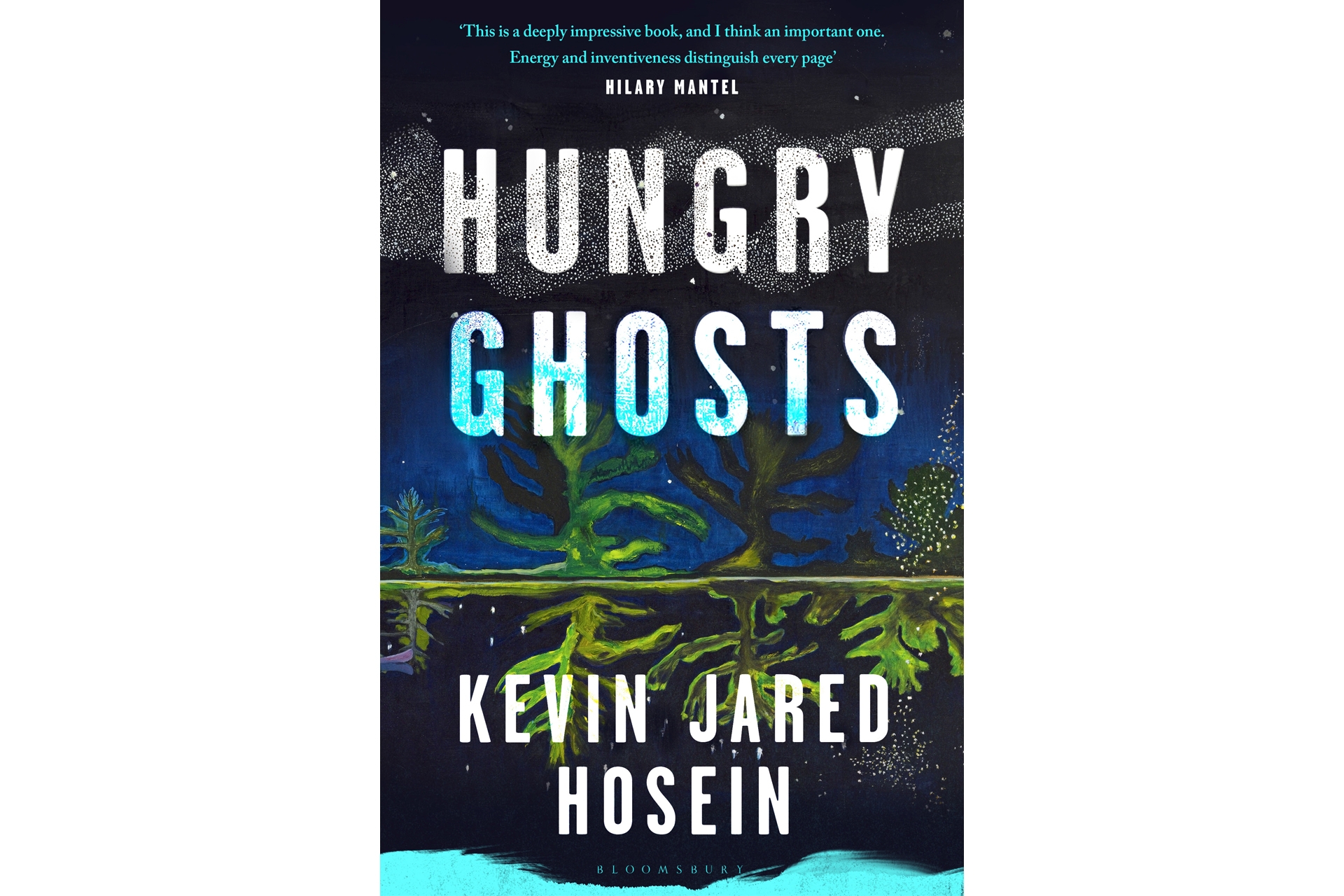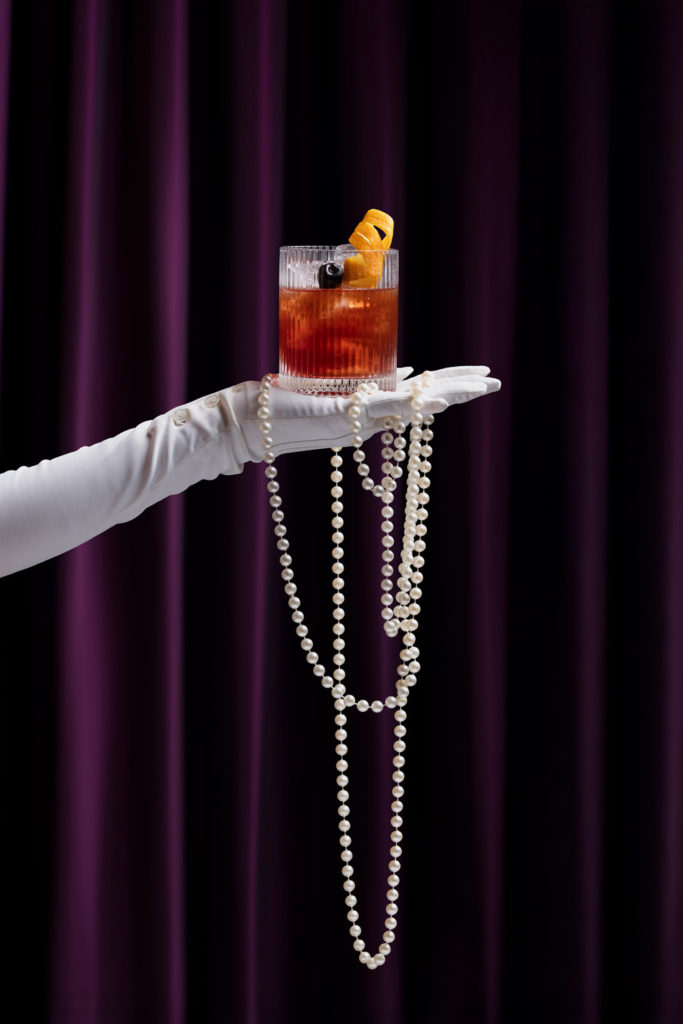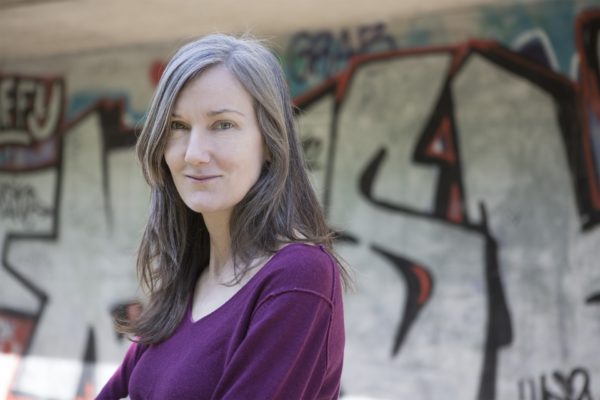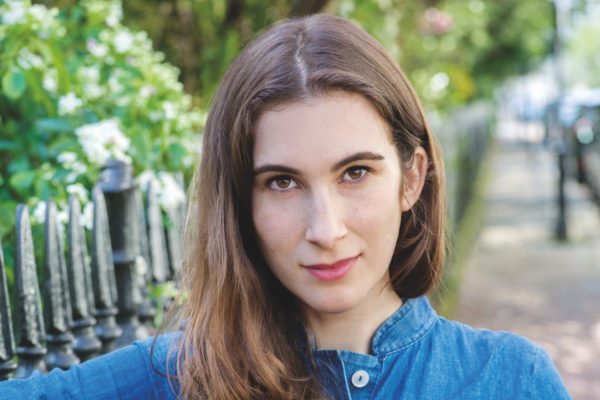C&TH Book Club: Interview with Author Kevin Jared Hosein
By
2 years ago
Get lost in 1940s Trinidad
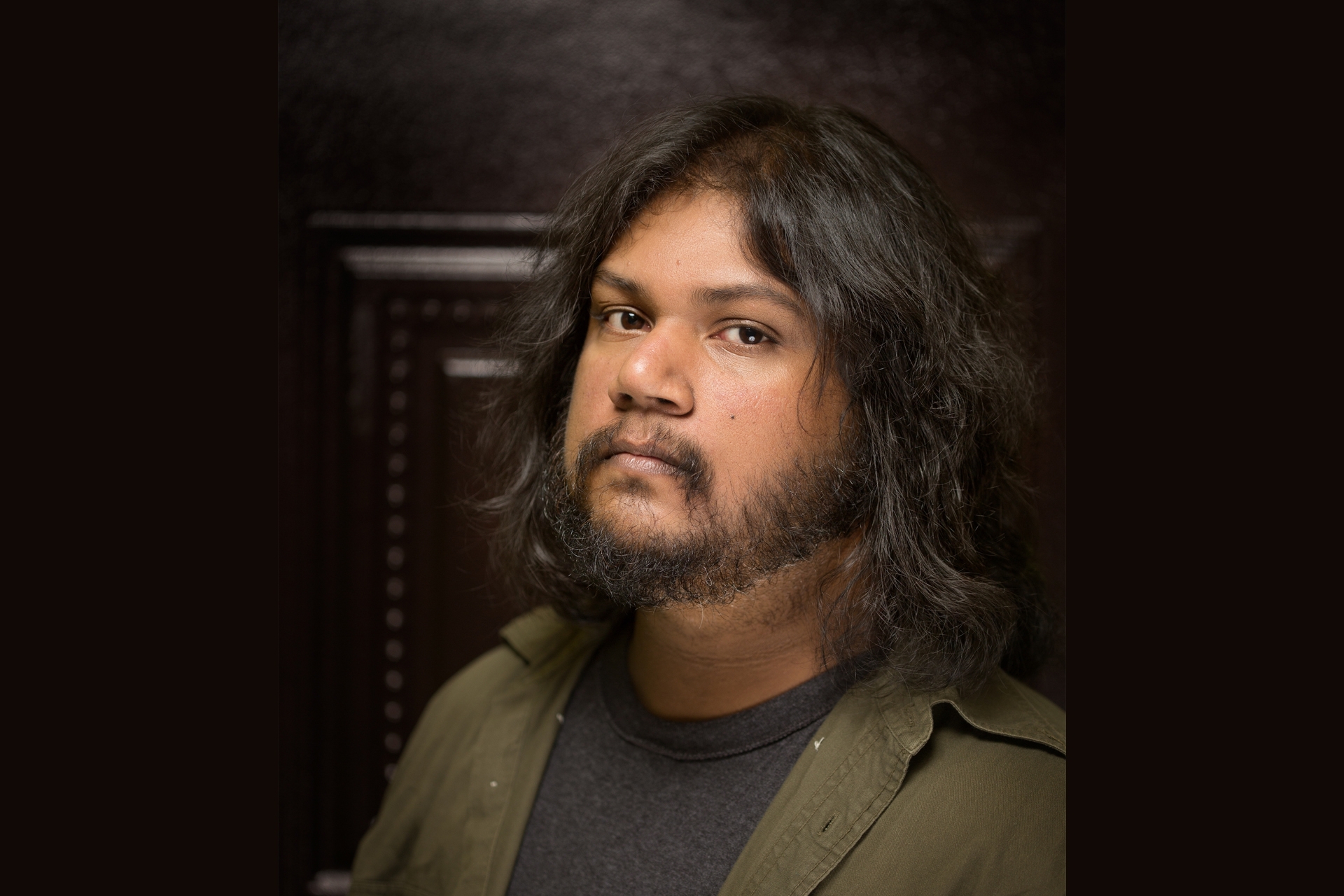
In the latest C&TH Book Club, writer Kevin Jared Hosein tells Belinda Bamber how the untamed landscape and language of his homeland, Trinidad, drives his tragic new novel.
Main image: © Mark Lyndersay
Kevin Jared Hosein: Interview With The Author Of Hungry Ghosts
Belinda Bamber: One of the original titles for this novel was Adoration. Why the change to Hungry Ghosts?
Kevin Jared Hosein: Both titles are meant to reflect the psyche of the Trinidadian people in the 1940s, when the novel is set. Adoration of those with better and seemingly more beautiful lives, but also having a religious connotation of worship. Hungry Ghosts comes from an old Hindu and Buddhist belief in spirits with large bellies and small mouths, and thus insatiable appetites. It’s a succinct way of summing up the impoverished characters in this book – full of goals but no way to accomplish them.
BB: You dedicate the novel to ‘the ancestors and everything they grew’ – what’s behind that, and do you feel a responsibility to their legacy?
KJH: Much of the world of this novel was recreated thanks to details and descriptions I had gotten from interviews with elders. When speaking of the indentured, we tend to get caught up with the indecency and discrimination they would have experienced. As a descendant of the indentured, my dedication is to remember the dreams they would have once had – that this country could be a home to them.
BB: Why the 1940s setting?
KJH: It’s a time just as the British machinery was winding down and the American navy had set up base here, displacing the entire seaside village of one of the protagonists. It’s a time when we were left to trust each other to take care of things, and how we realised we really couldn’t.
BB: Hungry Ghosts has the narrative structure of a nineteenth century novel, with a clear story arc, flawed central characters, moral themes and social divisions. Why did you choose what is arguably a ‘colonial’ frame to articulate the damage wrought by centuries of colonists in Trinidad?
KJH: I’d sought to have the timeless style of that type of literature blend with our Trinidadian Creole words and dialect. The structure of the novel itself is a statement of the post-colonial psyche.
BB: Your award-winning short story Passage was also written with the cadence of Trinidadian speech. How does that language impact you as a writer?
KJH: The Trinidadian dialect is one that is energetic, flexible and humorous. Though it’s sometimes like a wild horse that has to be tamed, it naturally lends itself to storytelling.
BB: Were you living in Trinidad when you wrote Hungry Ghosts?
KJH: Yes, born in Trinidad, educated and based here. Trinidad in the 1940s, however, is a far cry from what I’d experienced. There are parts of this country that seem bottled in a time capsule, where nature is still sovereign to man. A creek with a few torn flags. A wood-rotted house that used bedsheets for curtains. I drew inspiration from such scenes when writing Hungry Ghosts.
BB: Which of the characters speaks most to you?
KJH: Marlee Changoor is a character I loved writing. She’s been a survivalist since childhood and has had to perform the roles of alter egos her entire life. Now she’s falling apart when she tries to be herself. Krishna and Lata are also dear to me as they represent more rebellious and modern ideals in what may seem like an archaic and distant world to readers.
BB: You explore masculinity and the toxic inheritance of domestic violence – how difficult it is to be a ‘good’ man…
KJH: As I gathered stories, there was a keen sense of what it meant to be a ‘good man’ back then. Much of it came from the stable provider role. Those who couldn’t provide almost seemed to self-destruct and betray their families in the worst of ways. Back then, if you were born into the wrong situation, it seemed almost destined to go that way. It’s not far from some families today.
BB: What’s the significance of the preface quote from the Mahābhārata?
KJH: ‘…all kings, O son, must once behold hell’ is spoken by a deity to a future king. It’s a statement of empathy. In the text, the deity escorts the future king to hell, where he surveys the pain and suffering of its inhabitants. The opening quote is simultaneously an invitation and a subtle warning to the desolation readers are about to experience with these characters. Come, turn the page and behold hell.
BB: One of the legacies of colonisation in this story is the prioritising of Christianity over Hinduism. Has life for Hindus in Trinidad improved?
KJH: It has improved, yes. Back then, to be Hindu might as well have been to be Martian. There are still small splinter groups who discriminate but, over time, we’ve had a Hindu Prime Minister, Parliamentarians, CEOs, artists – almost any discipline.
BB: Do you have a particular place and schedule for writing?
KJH: When I’m in the thick of it, I try to do at least 1,500 words a day – even if those words form vomit. I write on my desk and edit on my bed.
BB: How does it feel to be hailed as ‘a major new literary voice’ when you’ve been writing for a while? Does that change anything for you when you’re at your desk?
KJH: Admittedly, it does feel a bit strange, but not something that I overthink. I do believe writers who base themselves in some regions, such as the Caribbean, have to work harder and for a longer time to be announced as such. I’ve been writing since I was nine years old and never expected anything of mine to garner this kind of attention. But writing is so habitual and innately exciting for me, I would’ve continued doing it even without the plaudits.
BB: Who do you write for?
KJH: I seek to write to illuminate certain aspects of my island – past, present, imagined future. I always aim for the stories to be emotional and entertaining. Whoever’s showing up at the door for that is welcome.
BB: You’ve said you’d like Hungry Ghosts to be ‘a portal to the Caribbean’ for readers. What would you say to a visiting tourist? And what’s your biggest hope for your country in the 2020s?
KJH: I’d tell that tourist to try as much of the food as possible – all of it is worth trying at least once. Wear sunscreen and use our pepper sauce sparingly if you’re out for a long day. Visit places that aren’t just in the north or the west and don’t try to sneak any coral back in your luggage. My biggest hope for Trinidad is that we can shed some of our post-colonial annoyances, especially regarding clothing. I’d like to wear shorts and sandals upon entering a government office – we’re a tropical island!
BB: Which writers did you enjoy as a child, and who or what inspired you to become a writer yourself?
KJH: I did read a lot, though it was a video game that inspired me to be a writer. A Japanese role-playing game about time travel and the apocalypse, called Chrono Trigger. I started writing my own game plotlines on long reams of paper my father brought home from work. Game plotlines turned into fan fiction and then finally into original fiction.
BB: Which authors do you read now?
KJH: Cormac McCarthy, Charles Bukowski, Yukio Mishima, Ian McEwan, Annie Proulx, Bernardine Evaristo, William Faulkner, Haruki Murakami, Kamau Brathwaite, Yasunari Kawabata, David Foster Wallace (his essays), and Jhumpa Lahiri – to name some.
BB: Are you most at home as a poet or a novelist?
KJH: Certainly as a novelist. I rarely put my poetry out there in the open, mostly because I often don’t know what I’m doing when writing it. It does osmose into my prose like some kind of condiment, for better or worse.
BB: What are you working on at the moment and when can we look forward to your next book?
KJH: A novel called Innermost. It’s based on an infamous real-life episode of a brother and a sister who survive a massacre in south Trinidad. The sister was adopted into a wealthy family while the brother was shunned by society. The novel reimagines the scenario with them meeting a few years later to unexpected and disturbing consequences. The first draft should be completed in a few months. The book… that’ll be up to the future publisher.
Hungry Ghosts by Kevin Jared Hosein is out now. £16.99, bookshop.org

